World Environment Day: Embracing Cloth Diapers for a Sustainable Future
![]()
Every year, on June 5th, people around the world come together to celebrate World Environment Day. This special occasion serves as a global platform to raise awareness about environmental issues and promote positive actions for a greener future. In the last years, World Environment Day has brought attention to a simple yet impactful choice for parents: cloth diapers.
Disposable diapers have become the go-to choice for many parents due to their convenience. However, the environmental consequences associated with their use are undeniable. From production to disposal, disposable diapers contribute significantly to landfill waste and environmental degradation.

Landfill Waste: Each year, billions of disposable diapers end up in landfills worldwide. These diapers take up to 500 years to decompose, occupying valuable landfill space and releasing harmful methane gas in the process.

Resource Depletion: The production of disposable diapers requires vast amounts of resources, including trees for pulp, water, and energy. The continuous demand for disposable diapers contributes to deforestation, water scarcity, and increased carbon emissions.

Chemical Pollution: Disposable diapers contain chemicals such as chlorine, dioxins, and phthalates. These substances can leach into the soil and water, posing potential risks to ecosystems and human health.

Cloth diapers offer a sustainable and eco-friendly alternative to disposable diapers. They have evolved significantly over the years, making them convenient, effective, and appealing to environmentally conscious parents. In order to allow as many environmentally conscious customers as possible to encourage circular practices, La Petite Ourse has developed cloth diapers made from recycled plastic bottles.
Here are some of the positive impacts of cloth diapers:
Reduced Waste: Cloth diapers can be used repeatedly, drastically reducing the amount of waste generated. With proper care, cloth diapers can last through multiple children, further minimizing their environmental footprint.
Resource Conservation: Unlike disposable diapers, cloth diapers do not require large-scale resource extraction. By opting for cloth, parents can help conserve water, energy, and reduce the strain on forests.
Chemical-Free: Cloth diapers are free from the harmful chemicals found in disposable diapers. This ensures a safer and healthier environment for babies, reducing the risk of skin irritation and other health issues.
Cost-Effective: While the initial investment for cloth diapers may seem higher, in the long run, they can save families a significant amount of money. The reusable nature of cloth diapers eliminates the need for continuous purchases, making them a cost-effective choice.
Cute and Fashionable: La Petite Ourse’s cloth diapers come in a variety of designs, prints, and colours. They are not only practical but also stylish, allowing parents to showcase their child's personality while contributing to a sustainable lifestyle.
On World Environment Day, it's essential to spread awareness about the positive impact of cloth diapers on the environment. This is why we love exchanging with our customers and cloth diaper enthusiasts and try to give as many tools as possible to parents to have a successful cloth diapering journey. Today serves as a reminder that even the simplest choices, such as choosing to use cloth diapers, can have a profound positive impact on the environment.
By embracing cloth diapers, parents and caregivers can contribute to a sustainable future for our planet. Cloth diapers offer a practical and eco-friendly alternative to disposable diapers, reducing landfill waste, conserving resources, and creating a safer and healthier environment for our little ones.










































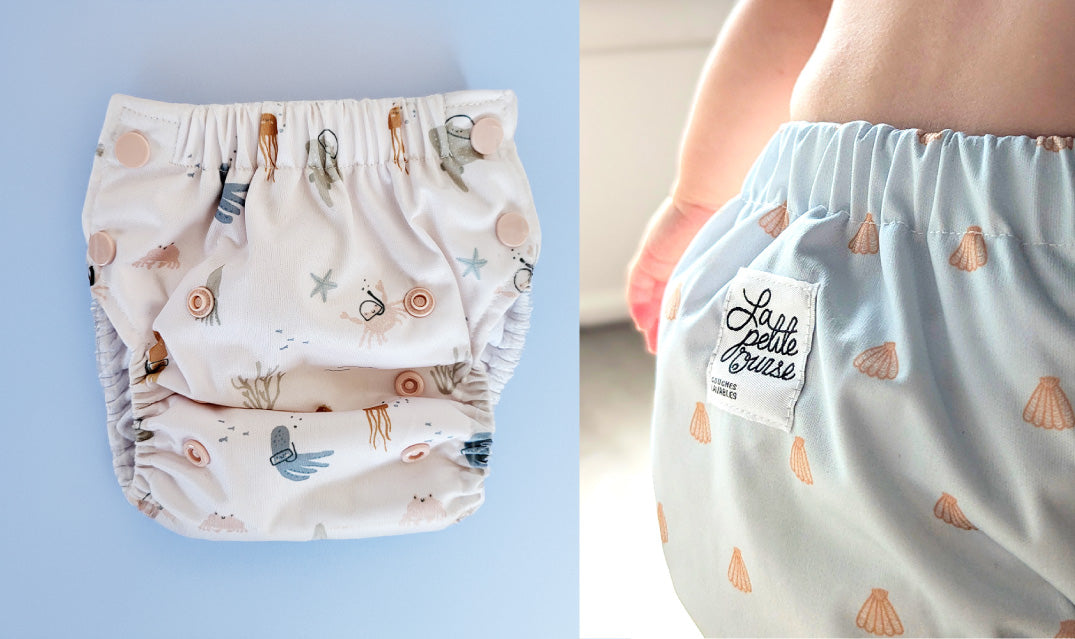
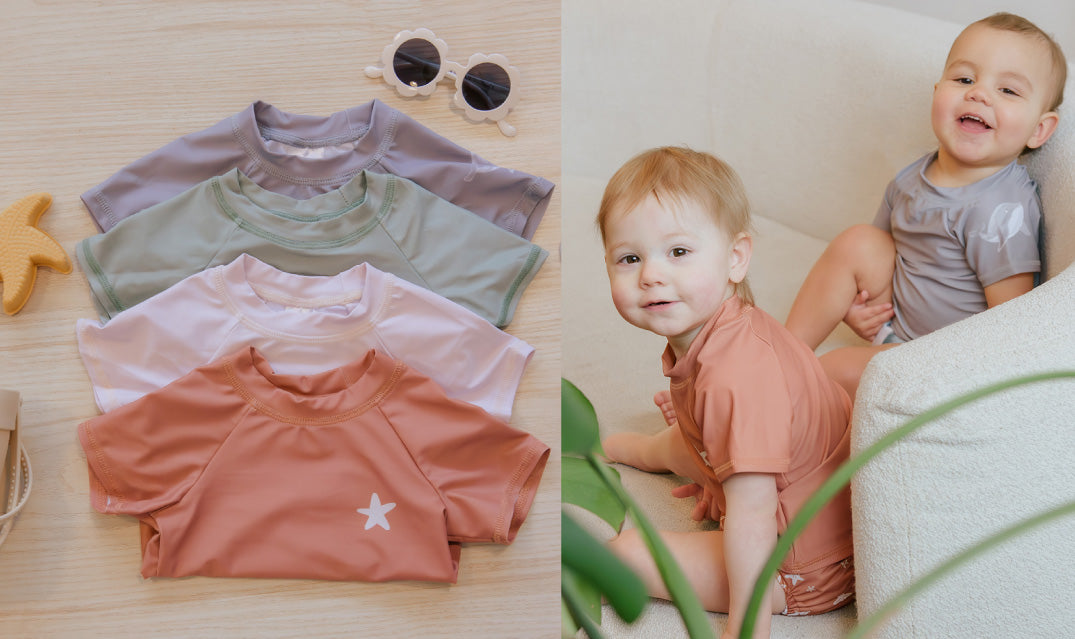
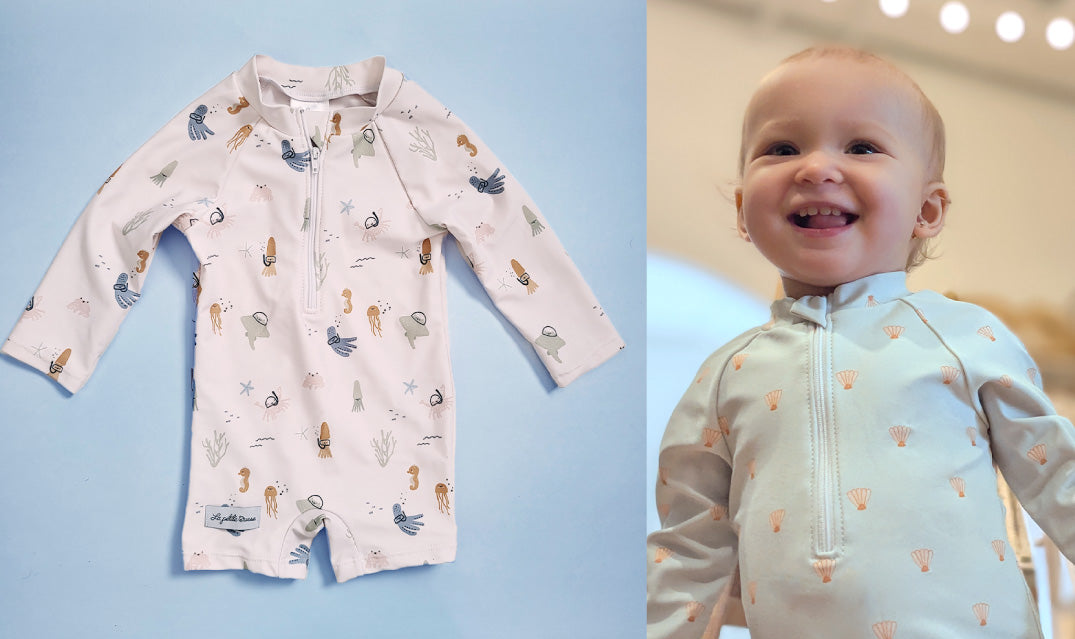
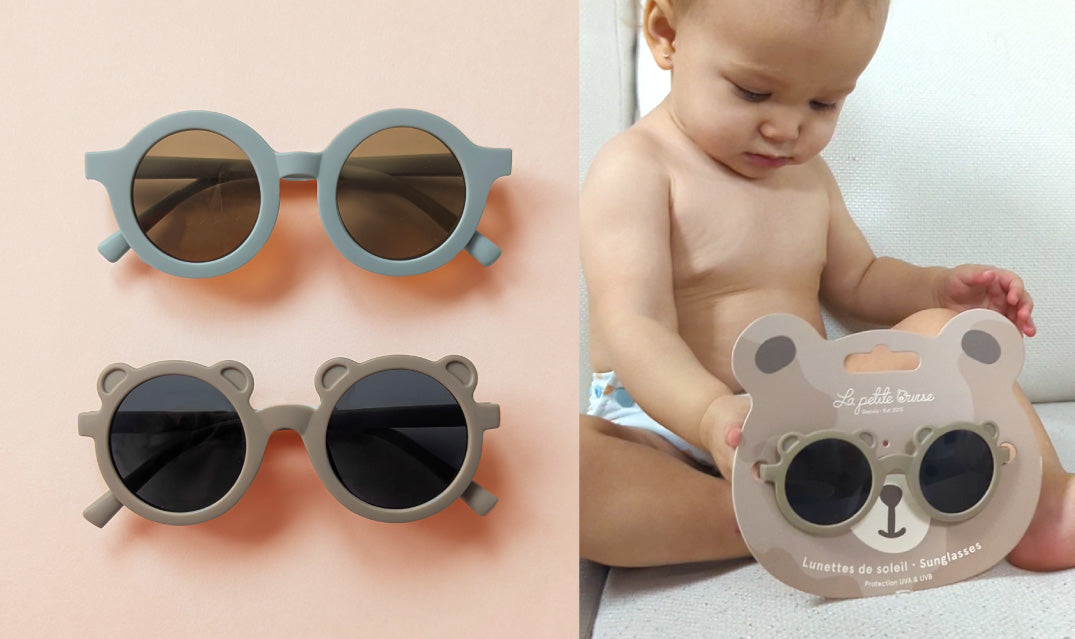





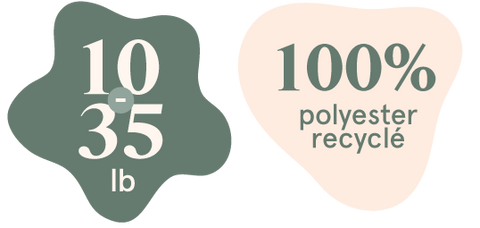






Leave a comment
Please note, comments need to be approved before they are published.